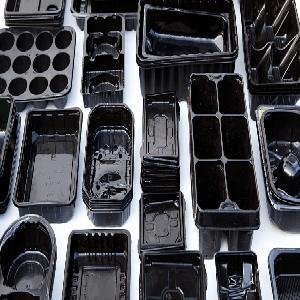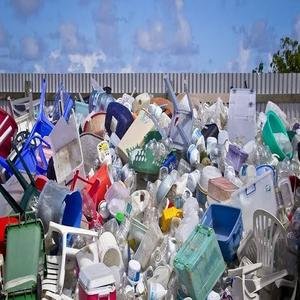- Near PD Office, Opp. Nayara Petrol Bunk, Kalapudhur, Katpadi, Vellore, Tamil Nadu 632007
-50%
Original price was: ₹10.00.₹5.00Current price is: ₹5.00.
Black Plastic
Black plastic scrap is often difficult to recycle due to its inability to be detected by sorting machines. While some types, like PET (#1) and HDPE (#2), may be accepted by select recycling centers, many waste facilities do not process black plastic.
Add to cart
Buy Now
1. Identify the Plastic Type
- Look for recycling codes (♳ to ♷). Some black plastics, especially #1 (PET) and #2 (HDPE), are recyclable.
- Many black plastics, especially #6 (PS) and #7 (Other), are not widely accepted.
2. Check Local Recycling Guidelines
- Many recycling centers do not accept black plastic because sorting machines struggle to detect it.
- Call local waste management services or check their website to confirm.
3. Repurpose If Not Recyclable
- DIY projects: Use for plant pots, storage, or crafts.
- Home use: Cut into dividers, organizers, or seedling trays.
4. Selling to Scrap Dealers
- Some scrap yards or plastic recyclers accept black plastic in bulk.
- Large quantities from industrial sources are more likely to be accepted.
5. Reduce and Replace
- Avoid buying products with black plastic packaging.
- Opt for clear or white plastic, which is easier to recycle.
Black plastic scrap is often difficult to recycle due to its inability to be detected by sorting machines. While some types, like PET (#1) and HDPE (#2), may be accepted by select recycling centers, many waste facilities do not process black plastic. Before discarding, it’s essential to check local recycling guidelines. If recycling isn’t an option, black plastic can be repurposed for storage, gardening, or DIY projects. Some industrial recyclers accept bulk quantities, making it a viable option for businesses. To reduce waste, opting for clear or white plastic alternatives can ensure easier recycling and sustainability.










Reviews
There are no reviews yet.